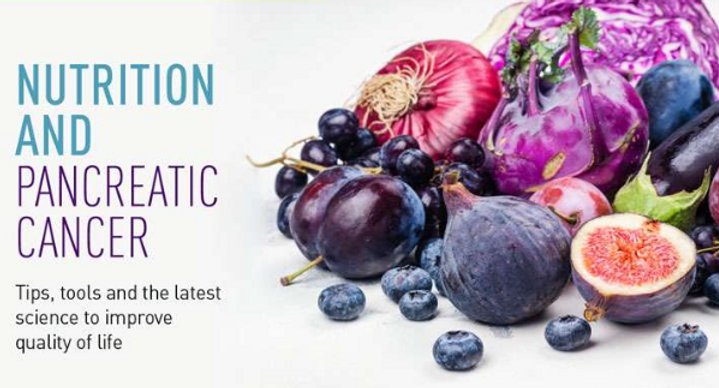Parc AssociationCancer Research
The Role of Diet and Nutrition in Preventing Pancreatic Cancer
Pancreatic cancer is the fourth leading cause of cancer death in men and women. Prognosis is poor with a 5-year survival rate of less than 5%.

As there is no effective screening modality, the best way to reduce morbidity and mortality due to pancreatic cancer is by effective primary prevention. Aim: To evaluate the role of dietary components in pancreatic cancer.
Materials and Methods: Bibliographical searches were performed in PubMed using the terms “pancreatic cancer”, together with “nutrition”, “diet”, “dietary factors”, “lifestyle”, “smoking”, “alcohol” and “epidemiology”.
Results: Fruits (particularly citrus) and vegetable consumption may be beneficial. The consumption of whole grains has been shown to reduce pancreatic cancer risk and fortification of whole grains with folate may confer further protection. Red meat, cooked at high temperatures, should be avoided, and replaced with poultry or fish. Total fat should be reduced.
The use of curcumin and other flavonoids should be encouraged in the diet. There is no evidence for benefit from vitamin D supplementation. There may be benefit for dietary folate. Smoking and high Body Mass Index have both been inversely associated with pancreatic cancer risk.Conclusion: The lack of randomized trials and the presence of confounding factors including smoking status, physical activity, distance of habitat from the equator, obesity, and diabetes may often result in inconclusive results.
There is evidence to encourage the use of whole grain in the staple diet and supplementation within the diet of folate, curcumin and other flavanoids. Carefully designed randomized trials are required to further elucidate these important matters. Pancreatic cancer is the fourth leading cause of cancerrelated death in men and women (1).
Epidemiological studies show incidence of pancreatic cancer to be lowest to native Japanese and highest in New Zealand Maoris and female native Hawaiians (2). Prognosis is poor with 1-year survival rate of 25% and a 5-year survival rate of less than 5% (3).
Resection remains the only way of providing a potential cure but unfortunately, more than 80% of patients will have distant metastases at the time of diagnosis (4).
As there is no effective screening modality, the best way to reduce morbidity and mortality from pancreatic cancer is by effective primary prevention.
Several modifiable and nonmodifiable risk factors have been identified such as age, sex, family history, history of chronic pancreatitis, diabetes, insulin resistance, obesity and cigarette smoking (3, 5-8). The role of diet in pancreatic carcinogenesis has also been extensively studied.